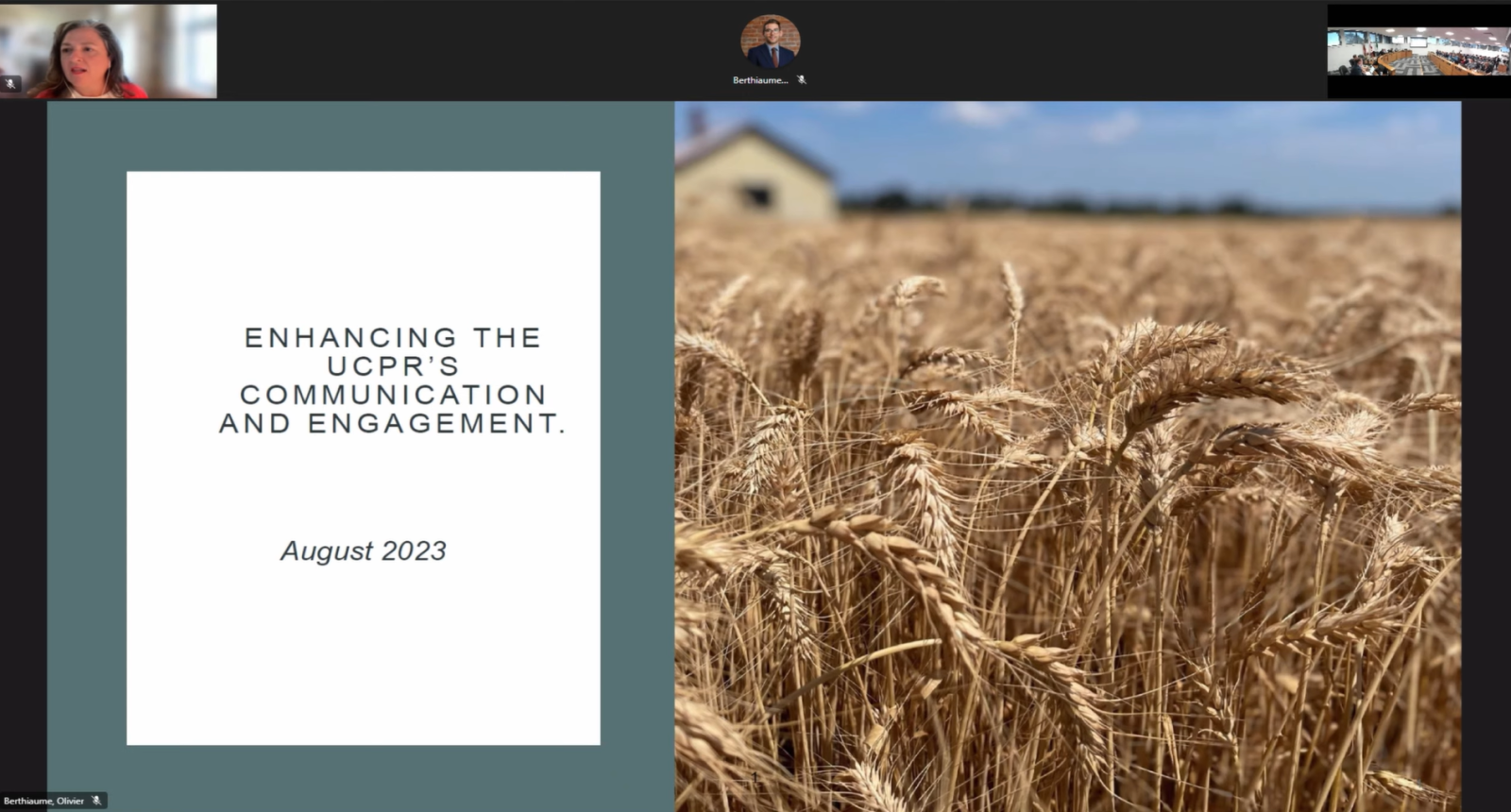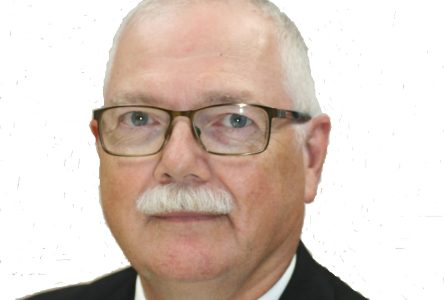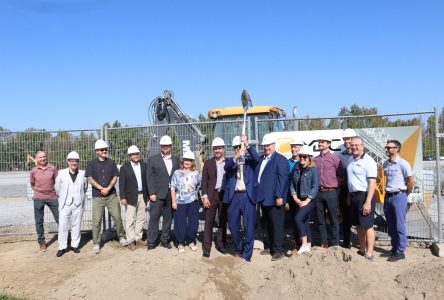A resident from Russell Township drafted a presentation to outline possible strategies for clearer communication from the UCPR.
During the regular meeting on August 24, the United Counties of Prescott and Russell (UCPR) council received a virtual presentation from Russell resident Rhonda Bradley. Bradley and some of her neighbors were surprised by a change to the land use outlined in the updated official plan, as they felt they were inadequately engaged. As such Bradley, who has more than 20 years of experience in strategic planning, communications, and public relations, prepared a presentation on ways the UCPR can enhance its communication and engagement.
In her presentation, Bradley stated that there are several barriers to civic engagement in rural communities, including distance, spotty internet access, seasonal priorities, fewer news sources, and the presence of bedroom communities, which refers to the practice of commuting to another city for work and only returning home to sleep. In addition, she stated that officials must carefully tailor their involvement to be genuine, and to avoid common pitfalls that lead to ineffective or combative leadership processes. Bradley outlined three states of engagement: citizen power, tokenism, and nonparticipation.
Citizen power is the state of true collaboration and engagement with the community, where citizens can exercise direct control over government processes through delegations or partnership. Tokenism is when governments try to make citizens feel like they’re included without actually ceding any authority or control, usually through providing information and collecting public opinion but not taking those opinions into account. Nonparticipation is the state of least engagement, whereby a government will disregard its citizens entirely.
“How are people going to get information, and where are the gaps where information may be missed or misunderstood?” Bradley asked rhetorically. “The mechanisms for communication need to be expanded beyond print media and in-person. Those are the main sources of communication in the official plan process.”
Bradley went on to outline a strategy for making communication more meaningful and effective throughout the UCPR. These best practices are essential to establishing a sense of trust between a municipal government and its community, she said, and they can also decrease frustration or outrage at seemingly baseless decisions that were just not communicated well.
These best practices range from the simple, like being consistent in the information communicated, facilitating two-way communication, and offering more methods of communication, like publishing clear and concise roadmaps for large-scale projects, utilizing multiple smaller-scale channels, and taking context into account when drafting communications. At the end of her presentation, Bradley urged the UCPR council to undertake a review of its communication strategy to identify potential avenues for growth.
Mayor Genevieve Lajoie of Casselman, responded to Bradley by saying that all council processes are available through the UCPR and municipal websites. Council meetings are livestreamed over YouTube or Facebook, she said, and council members are available through phone and email if any resident has a concern. Lajoie asked where the breakdown in communication was coming up, and what Bradley felt she needed to understand things better.
Bradley said that the UCPR’s responsibility for land use planning and how it impacts local townships isn’t well understood, and so residents don’t always know where to look for explanations regarding those decisions. That and other barriers have resulted in the lower participation rate noted by the UCPR.
Louis Prévost, director of planning and forestry, said all the emails that Bradley had sent were shared with council. UCPR Warden Normand Riopel noted that the planning departments of individual municipalities are also responsible for projects in the region, not just the UCPR, so concerned residents should contact them as well as the UCPR for the full picture.
Russell Mayor Pierre Leroux said that engagement and communication is a two-way street, and that residents must be willing to put in the effort to open a dialogue. He reiterated that there are multiple ways for residents to get in touch with councillors and mayors to make their concerns known, including the Walk with the Mayor sessions Leroux himself holds at the Russell Sportsdome every week. He also said that Bradley had turned down a planning and infrastructure meeting that the previous Russell Township CAO had offered, and he also noted that just because feedback is received from residents, doesn’t mean that it will result in a change of plans. Resident feedback is a factor that is considered in the decision-making process, but it isn’t the only thing that must be considered.
Bradley said that she didn’t turn down the offer of a meeting outright, but that she and other concerned residents wanted to receive answers to some of their questions prior to meeting in-person with staff so they could process the information and be better informed during the meeting. She also said that she and other residents received a letter from the Ministry of Environment, Conservation, and Parks stating that there have been problems with public consultation and that there is a stop to all processes to the work that the Environmental Assessment Act and its addendum were meant to cover.
Bradley finished by saying that the point of her presentation was to point out that there are gaps in the communication strategy of the UCPR and municipalities, and to offer suggestions on how to bridge those gaps. Lajoie stated that the presentation felt more accusatory than constructive, and that she’s willing to meet personally with Bradley to help her engage council with a communication plan.
The presentation was acknowledged and received.


